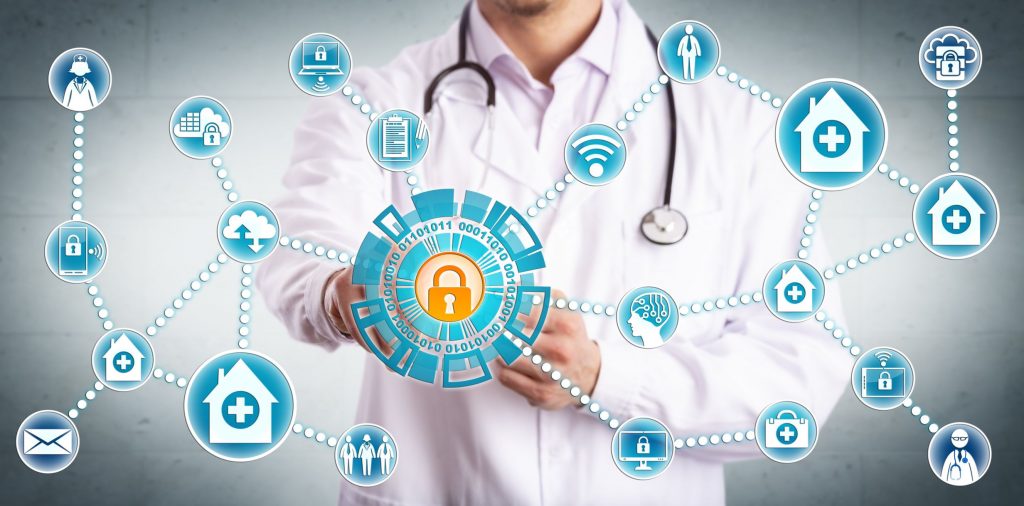In the realm of healthcare, effective communication and seamless coordination among healthcare providers are crucial for delivering optimal patient care. One key aspect that has gained increasing attention is the sharing of medical records between providers. By breaking down information silos and facilitating the exchange of patient data, this practice holds immense potential for streamlining healthcare processes and improving patient outcomes. In this article, we will assess the benefits of sharing medical records between providers and explore how it can revolutionize the healthcare landscape.
Comprehensive Patient Care: When sharing medical records between providers, a comprehensive and holistic view of the patient’s health history emerges. This comprehensive perspective enables healthcare professionals to make more informed decisions about diagnosis, treatment plans, and ongoing care. It ensures that all providers involved in a patient’s care have access to the same up-to-date information, minimizing the risk of medical errors and improving overall patient safety.
Enhanced Care Coordination: Sharing medical records promotes seamless care coordination among different healthcare providers. It allows specialists, primary care physicians, nurses, and other healthcare professionals to collaborate efficiently, sharing insights and recommendations in real-time. This coordinated approach facilitates a more integrated and efficient healthcare delivery system, reducing redundant tests, unnecessary procedures, and delays in treatment.
Timely and Accurate Diagnosis: Quick and accurate diagnosis is critical for effective healthcare. When medical records are shared, healthcare providers gain access to a patient’s complete medical history, including previous diagnoses, test results, medications, and allergies. This comprehensive information can significantly expedite the diagnostic process, enabling healthcare professionals to make informed decisions promptly. Consequently, patients receive timely and appropriate treatment, potentially leading to improved health outcomes.
Continuity of Care: Sharing medical records ensures continuity of care when a patient transitions between different healthcare settings or providers. It enables the receiving provider to have a complete understanding of the patient’s health status, ongoing treatments, and any specific requirements. This continuity reduces the risk of medication errors, duplicate tests, or unnecessary interventions, ensuring a seamless and consistent patient experience.
Research and Population Health: Sharing medical records also has wider implications beyond individual patient care. Aggregated and de-identified medical data can be utilized for research purposes, facilitating population health management, and advancing medical knowledge. Analyzing anonymized patient data can lead to valuable insights into disease patterns, treatment outcomes, and healthcare utilization, ultimately contributing to the improvement of public health strategies and the development of evidence-based medicine.
In conclusion, sharing medical records between healthcare providers is a transformative practice that streamlines healthcare processes and improves patient care. From comprehensive patient care and enhanced care coordination to timely diagnosis, continuity of care, and advancements in research and population health, the benefits are far-reaching. By embracing information exchange and leveraging technology, healthcare providers can harness the power of shared medical records to revolutionize the healthcare landscape, resulting in better patient outcomes and a more efficient healthcare system.


